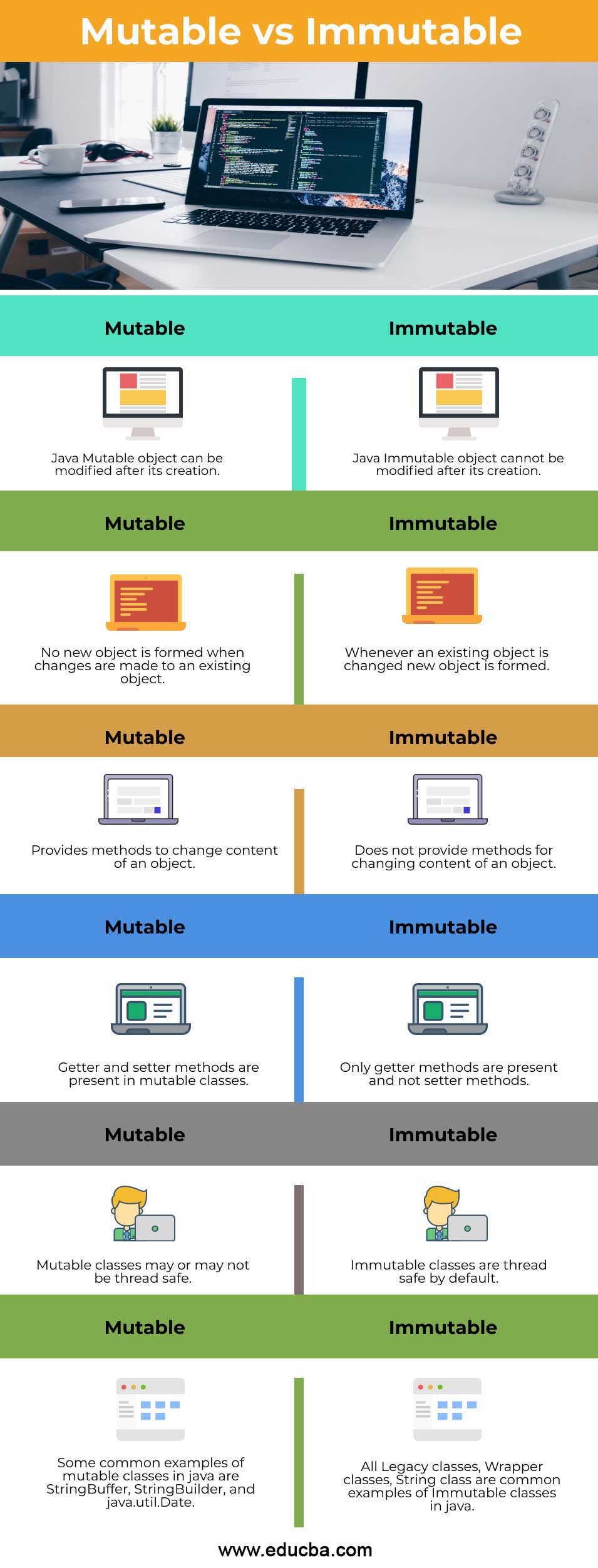Why Are Strings Immutable in Java? Security and Performance Benefits
Why Are Strings Immutable in Java? Security and Performance Benefits
Blog Article
What Is Unalterable Strings and Just How It Works
In the world of programs, recognizing the idea of unalterable strings is critical for producing robust and safe applications. Immutable strings refer to strings that can not be altered after they are produced, guaranteeing information stability and predictability within the code.
The Basics of Unalterable Strings
Unalterable strings, as a basic idea in programming, are personality series that can not be changed once they are developed. This suggests that as soon as a string is appointed a worth, that value can not be changed. In languages like Python and Java, strings are immutable things, bring about numerous ramifications in regards to memory management and information honesty.
One of the vital advantages of unalterable strings is that they give a sense of protection in data adjustment. Considering that the material of an unalterable string can not be modified, it guarantees that the initial information continues to be undamaged, minimizing the danger of unintended adjustments during program implementation (Why are strings immutable in Java?). This building likewise streamlines debugging processes, as designers can rely on that when a string is specified, its value will not be inadvertently changed
When a brand-new string is developed based on an existing one, rather than modifying the original string, the new worth is stored individually. In general, understanding the basics of unalterable strings is important for grasping shows principles and enhancing code effectiveness.
Advantages of Unalterable Strings
Structure upon the safety and effectiveness advantages of immutable strings, their advantages extend to enhancing code integrity and streamlining simultaneous shows jobs. By being unalterable, strings can not be modified after production, which gets rid of the danger of unintentional changes in the information they store. This intrinsic immutability makes certain that as soon as a string is produced, its worth stays consistent throughout the program's execution, minimizing the possibilities of pests brought on by unforeseen changes.
Additionally, unalterable strings contribute to code reliability by making it less complicated to reason regarding the state of a program. Because strings can not be transformed, programmers can rely on that a string will always hold the very same worth, simplifying debugging and maintenance initiatives. This predictability brings about more stable and reputable codebases.
Execution in Programs Languages
Within different shows languages, the consolidation of immutable strings is a basic element that impacts exactly how data is taken care of and manipulated within code structures. The implementation of immutable strings differs across various programming languages, with each language using its own systems to sustain this principle.

On the other hand, languages like C and C++ do not have integrated support for unalterable strings. Developers in these languages need to by hand execute immutability by imposing policies within their code to avoid direct alterations to string things.
Best Practices for Dealing With Immutable Strings
When handling immutable strings in programs languages like Java and Python, adhering to finest methods guarantees safe and effective information adjustment. One of the crucial best practices is to make use of StringBuilder or StringBuffer rather of straight controling strings, particularly when managing extensive concatenation operations. These classes supply mutable options for string control, helping to stay clear of unneeded memory appropriations and enhancing efficiency.
Furthermore, when functioning with sensitive information such as passwords or API tricks, it is essential to avoid saving them as simple message in unalterable strings. Using secure storage space devices like char selections or specialized collections for managing sensitive information helps alleviate safety risks associated with immutable strings.
Real-world Applications and Instances
Exploring functional applications of immutable strings in numerous sectors discloses their considerable influence on data stability and system integrity. In the healthcare sector, unalterable strings play this page an essential duty in ensuring the protection and privacy of client information. By stopping unauthorized alterations to sensitive info such as clinical records and prescriptions, unalterable strings assist keep compliance with rigorous privacy laws like HIPAA.
Monetary institutions likewise take advantage of the unalterable nature of strings to enhance the safety and security of client data and purchase documents. Immutable strings help prevent fraud and unapproved modifications to monetary details, offering a durable defense against cyber dangers and making sure the trust fund and self-confidence of customers.

Verdict
Ideal practices for working with unalterable strings include avoiding straight alterations and making use of methods that return brand-new string things. Real-world applications of unalterable strings include information file encryption, caching, and string control jobs.
Immutable strings refer to strings that can not be altered after they are he said produced, guaranteeing data honesty and predictability within the code. When a brand-new string is created based on an existing one, rather than modifying the original string, the brand-new worth is saved independently.In languages like Java and Python, strings are immutable by default, meaning that once a string object is created, its worth can not be transformed - Why are strings immutable in Java?. Best techniques for functioning with immutable strings include avoiding straight alterations and using techniques that return new string things. Real-world applications of unalterable strings consist of information encryption, caching, and string manipulation tasks
Report this page